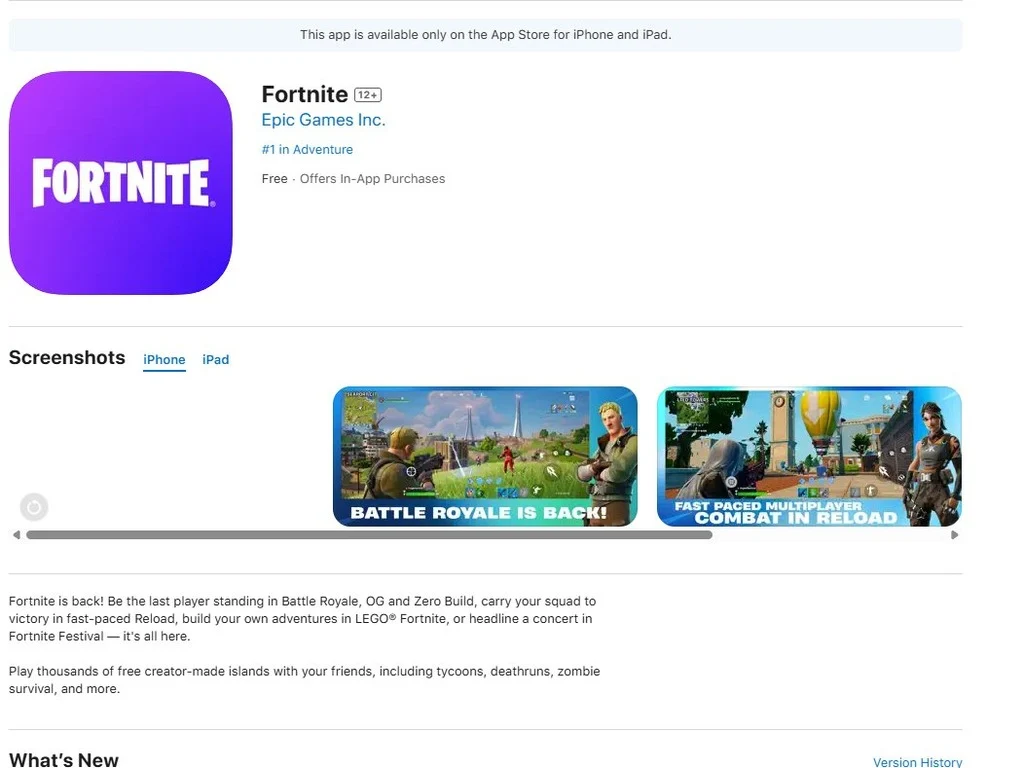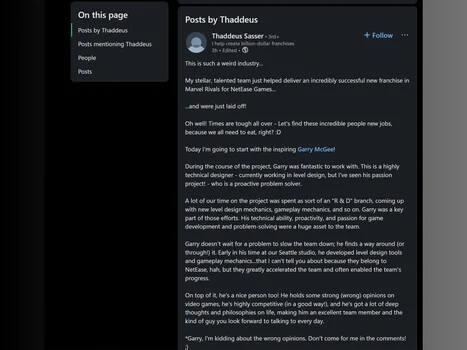Key Takeaways
1. Baseus is recalling 55,380 portable battery chargers due to safety issues, including battery swelling and fires.
2. The Internet Archive faces a lawsuit from major music companies over its digitization project, claiming it’s a threat to fair use and historical access.
3. The U.S. PIRG Education Fund launched the “Electronic Waste Graveyard” database, highlighting over 100 discontinued tech products contributing to e-waste.
4. Signal’s new desktop update disables Microsoft’s Recall feature by default, addressing privacy and security concerns for users.
5. Washington state passed bill HB 1483 to improve consumer access to repair information and tools, marking progress in right to repair legislation across the U.S.
Shenzhen-based electronics company Baseus is pulling back around 55,380 of its 30,000 mAh 65-watt portable battery chargers. The U.S. Consumer Product Safety Commission has reported 76 issues linked to these devices, with 72 cases of battery swelling and four fires—three of which caused damage to property. The affected models have the identification number BS-30KP365 and serial numbers that end with 0–9 or the letter D. Customers can obtain a replacement by providing proof of purchase and photographs of the serial number. This isn’t the first time Baseus faced such problems; in 2024, it recalled 132,000 wireless chargers due to similar fire hazards.
Legal Challenges for the Internet Archive
The Internet Archive, well-known for its Wayback Machine and efforts in preserving public records, is currently facing another lawsuit. A group that includes Universal Music Group, Sony Music Entertainment, and Capitol Records is taking action against the non-profit due to its “Great 78 Project,” which digitizes 78 RPM records from the early 20th century. The Archive has described the lawsuit as a significant threat, defending that the project is fair use and provides crucial access to historical materials. This platform is essential for journalists, educators, and engineers. More than 850 musicians and close to 90,000 people who signed a petition are urging for the lawsuit to be dismissed.
New Database for Electronic Waste
The U.S. PIRG Education Fund has rolled out an interactive database called “Electronic Waste Graveyard,” which lists over 100 tech products that are no longer in production. This includes PCs, smartphones, wearable tech, and car accessories that have been left behind because of software expiration or the end of cloud services. One notable example is Amazon’s Halo Rise sleep tracker, which was discontinued less than a year after it was launched. According to PIRG, more than 130 million pounds of electronic waste have arisen from such product discontinuations since 2014, with an estimated 1.66 billion pounds expected from Windows 10 PCs after support ends in October 2025.
Signal Blocks Recall Feature
The encrypted messaging app Signal has released an update for its desktop application that disables Microsoft’s Recall feature by default. Recall, which is only available on Copilot+ PCs equipped with NPUs, saves continuous screenshots of users’ activities to facilitate AI-driven data retrieval. Critics argue that this feature, although local, creates significant privacy and security risks. Signal’s developers have added a screen security feature that stops Windows 11 from recording chat windows, highlighting Microsoft’s inadequate protection measures as their reason.
Fortnite Returns to the iOS App Store
After a prolonged legal dispute regarding in-app purchase limitations, Fortnite is now back on the iOS App Store. The legal issues began in 2020 when Epic Games bypassed Apple’s payment system, leading to its removal from the platform. Courts later decided that Apple must permit developers to inform users of alternative payment methods. Epic’s CEO Tim Sweeney views this reinstatement as a win for fairness on platforms, though he acknowledges that further progress is needed on a global scale.
New Repair Access Legislation in Washington
Washington state has enacted bill HB 1483, which broadens consumer access to repair information, tools, and parts. Certain exclusions apply to video game consoles, motor vehicles, medical devices, and low Earth orbit broadband equipment manufactured before 2044. This law will come into effect in 2026. Advocacy organizations like iFixit have welcomed the new law, noting that Apple has decided to add iPads to its self-repair program as a result. Now, all 50 states have presented some type of right to repair legislation.
The first episode of GNCA’s Tipline highlights ongoing trends across various industries—like early product obsolescence, the decline of digital ownership, or regulatory loopholes that big corporations take advantage of. More episodes are on the way. This sort of reporting is what many people need—something that cuts through corporate noise and illustrates how everyday technology problems link to real-world impacts. It’s a means to feel less helpless and more informed, especially in times when it seems like large companies hold all the power.
Source:
Link













